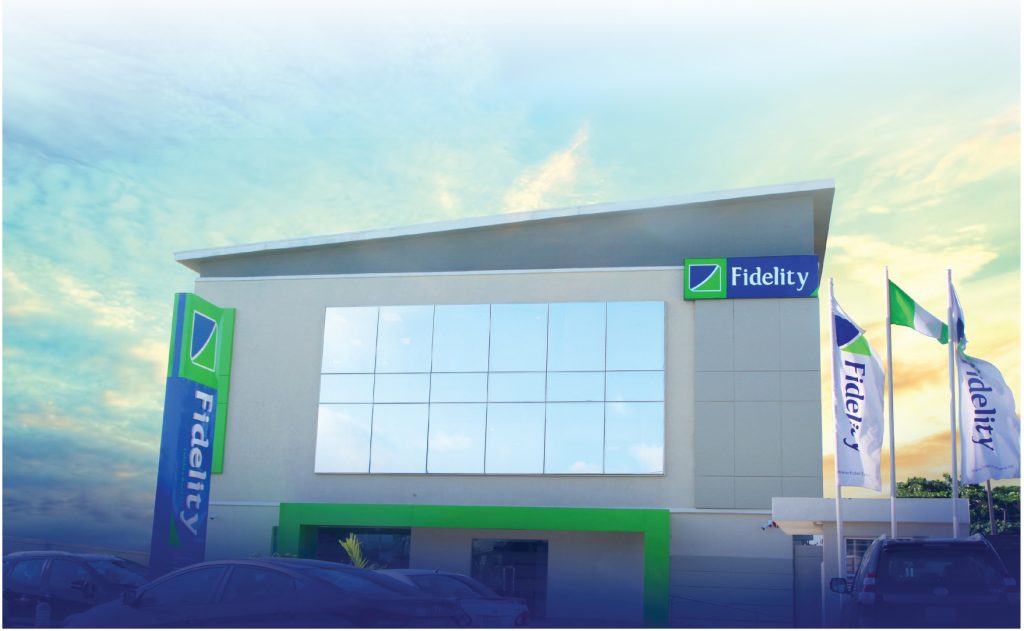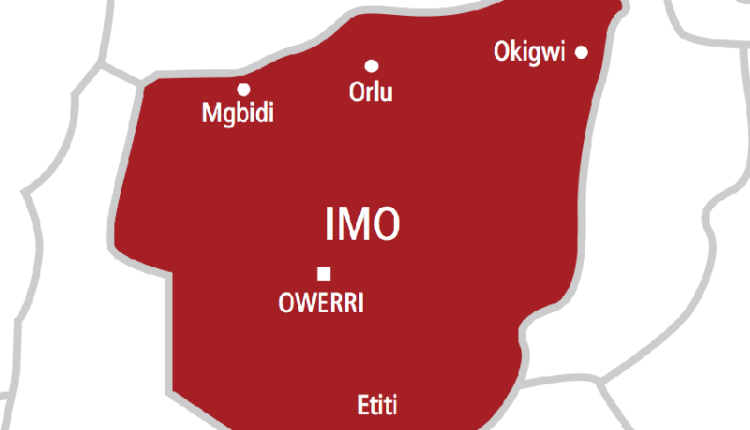INVESTIGATION ON DEVT. BANKING: Fidelity Bank Leading The Pack InSME intervention initiatives

As Nigeria struggles with other nations to come out from economic downturn following the ravages of Covid-19 and security challenges, some players in the private sector have Distinguished themselves by helping to contribute their quota towards rebuilding the economy.
Fidelity no doubt has remained consistent with its patriotic policies in ensuring that the power house of the economy, which is the Small and Medium Scale Enterprises are reinvigorated to becoming viable and productive again.
Small and medium-sized enterprises (SMEs) account for 48 per cent of Nigeria’s GDP, 96 per cent of businesses, and 84 per cent of employment, according to the Nigeria Bureau of Statistics. Despite this significant contribution to the Nigerian economy, the SME sector continues to face several challenges that impede its growth, the most significant of which is a lack of access to finance.
Leading financial institution, Fidelity Bank Plc is however taking on the challenge of scaling up small businesses through several initiatives. These solutions, which are not limited to financial interventions, are designed to also close the yawning gap in capacity building, which is often overlooked.
By definition, SMEs are small and have limited capacity. Because they are mostly owned by sole proprietors, partners, or families, their size and capacity limitations make it difficult for them to access the opportunities available to larger businesses. Fidelity Bank through the Fidelity SME Academy provides free capacity building services to prospective, new and existing SME customers.
The Academy provides a three-pronged approach to assisting businesses chief of which is the advisory sessions delivered via virtual training and seminars tailored to meet the specific needs of SME customers. The Academy also uses radio and social media to reach a larger and more diverse audience with entrepreneurial insights.
The live show, dubbed ‘The Fidelity SME Forum,’ which airs on top-tier radio stations and the bank’s Instagram Page, for instance, has become a popular resource among small business owners looking for expert advice on growing their enterprises. The show features successful entrepreneurs from the fashion, media, technology, and lifestyle industries in the Instagram Live sessions.
In terms of funding, SMEs have access to both formal and informal sources of capital. Financial institutions, SME-specific credit schemes, and commercial banks are among the formal sources.
These institutions typically require sufficient collateral from SMEs because they are viewed as high-risk ventures with a higher likelihood of underperformance due to the challenging operating environment.
Financial institutions are hesitant to fund SMEs for two main reasons: failure of SMEs to deliver ROI and, as a result, loan repayment default. This scarcity of funds amounts to a huge challenge for many SMEs in Nigeria.
Nevertheless, Fidelity Bank remains committed to providing easy access to funding for small businesses through a variety of loans.
The loans are specifically designed to meet the unique needs of various SME types across industries such as FMCG, Education, Health, Agriculture, and small corporates. One such example is the Traders’ Support Facility (TSF), a short-term working capital finance/loan product for SMEs trading in Fast Moving Consumer Goods (FMCGs) in identified and well-organized market clusters in and around Lagos’ FESTAC area.
Having identified the need of these market clusters as the lack of tangible collateral to secure loan facilities, Fidelity Bank offers a 180-day loan structure that allows for overdraft, among other unique benefits.
The Fidelity Private Medical Support Scheme (FPMEDSS) is another loan product designed to provide financing support to eligible private hospitals for the purposes of procuring required drugs and equipment.
It targets duly incorporated and registered, well-structured private hospitals owned by qualified medical practitioners duly licensed by the Medical and Dental Council of Nigeria (MDCN) and who are also members of the Nigerian Guild of Medical Directors or the Association of General and Private Medical Practitioners of Nigeria (AGPMPN).
With these strategic initiatives, Fidelity Bank is well-positioned to help SMEs to continue to contribute meaningfully to the growth of the Nigerian economy. Hopefully, other ecosystem players would be encouraged to also pitch in and provide support for Nigerian SMEs to scale up at an increased rate and reduce the army of unemployed youth while diversifying the nation’s economy.
The Witness/NewsTrack Nigeria








